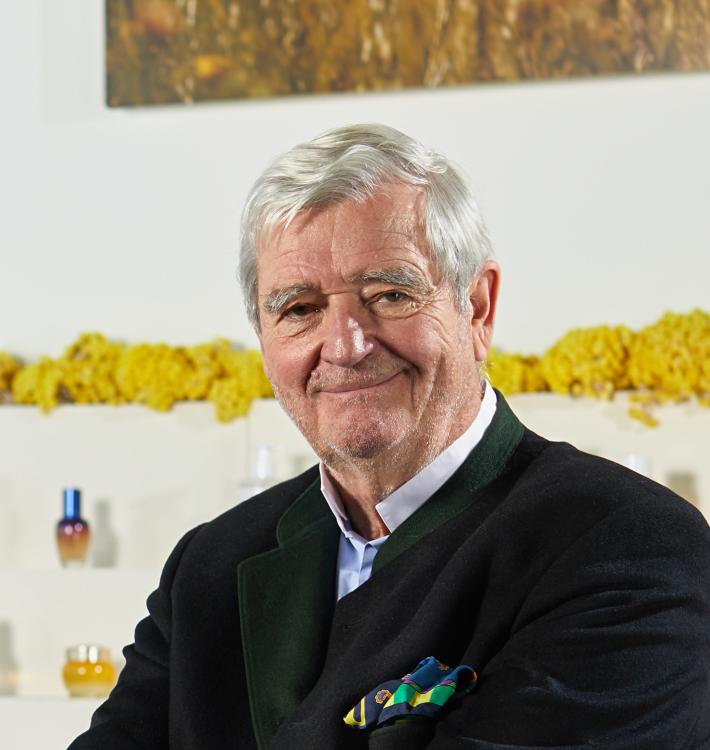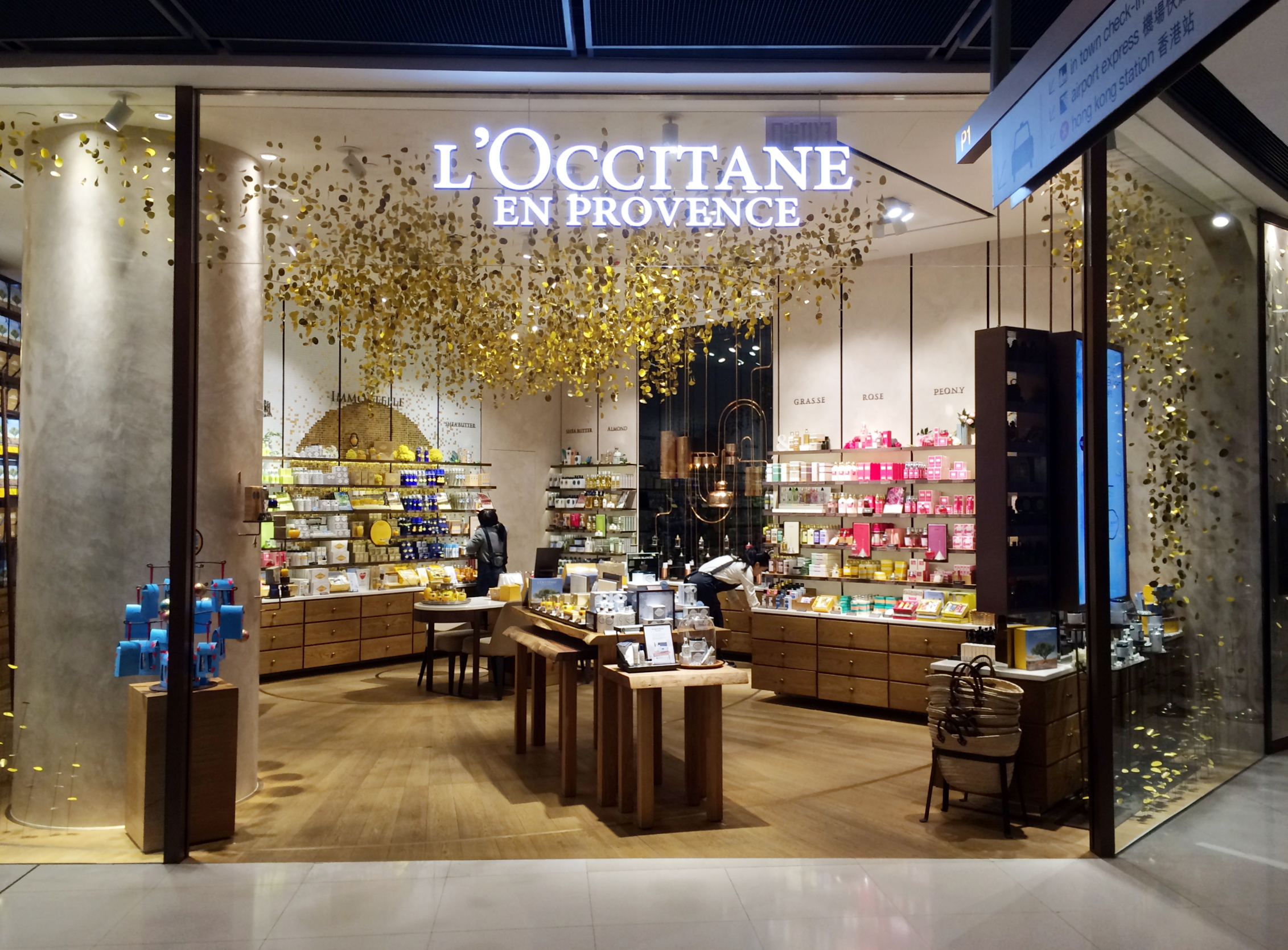L’Occitane Set to Go Private as Majority of Shareholders Accept Acquisition Offer
Global skincare and cosmetics conglomerate L’Occitane International SA is progressing with plans to go private, following its decision to delist from the Hong Kong Stock Exchange.
Reinold Geiger, the majority shareholder of L’Occitane, proposed an acquisition amounting to 1.7 billion euros for the remaining 27.4% of company shares he did not own in April. This proposal, supported by Blackstone, valued brands such as Sol de Janeiro, L’Occitane en Provence, and Elemis, a part of L’Occitane’s product range, at approximately 6 billion euros.
In an announcement made on Tuesday, L’Occitane reported that 91.97% of independent shareholders had agreed to sell their shares. This surpassed the limit required to commence the squeeze-out of shares not submitted to the share offer. As a result, a fully-owned subsidiary of L’Occitane Holding SA, the group controlling shareholder, will procure the leftover shares. This marks the beginning of L’Occitane’s final steps towards privatization.

Reinold Geiger articulated the advantages of this move in the statement, saying, “This transaction will provide our group with the flexibility to make longer-term business decisions. We remain committed to our brand-specific and geography-specific strategies. We firmly believe that this is in the best interests of our employees, business partners and stakeholders, who will benefit from our accelerated growth and enhanced competitiveness in the global skin care and cosmetics industry.”
The firm has also announced that it plans to suspend its shares beginning August 7.
Established in 1976 by Olivier Baussan, with support of $4,000, L’Occitane en Provence started as a small fragrance and soap establishment based in Manosque, France. Reinold Geiger joined the company as a minority shareholder in 1994, and acquired it two years later in 1996. He then led the company to go public in 2010, raising upwards of $700 million in the process.
Currently, L’Occitane serves worldwide with more than 3,000 outlets in over 90 countries. The company’s product range includes brands such as Melvita and Eborian. In its most recent fiscal year, net sales recorded a 19.1% year-on-year growth to 25.4 billion euros, while net income fell by 18.6% to 93.9 million euros.
The decision to privatize L’Occitane is a deviation from the recent moves of other beauty firms, notable instances being Puig’s initial public offering in May and Galderma and Douglas floating in Switzerland and Germany in March respectively.
As per L’Occitane, factors such as industry dynamics, a competitive environment, and the challenges of functioning as a listed firm facilitated the decision to go private.
